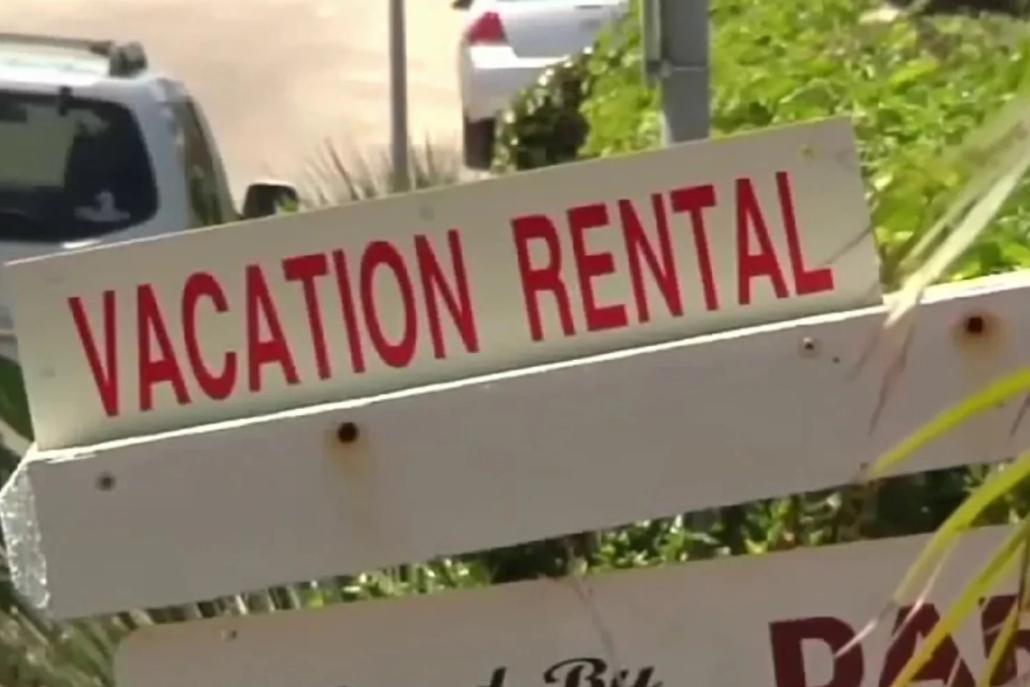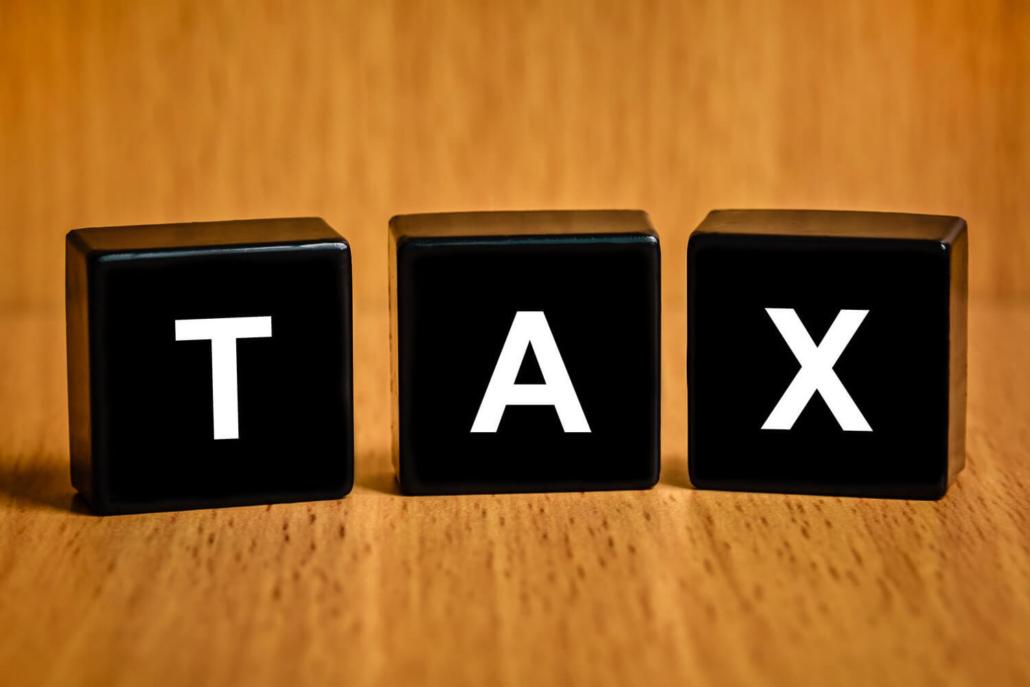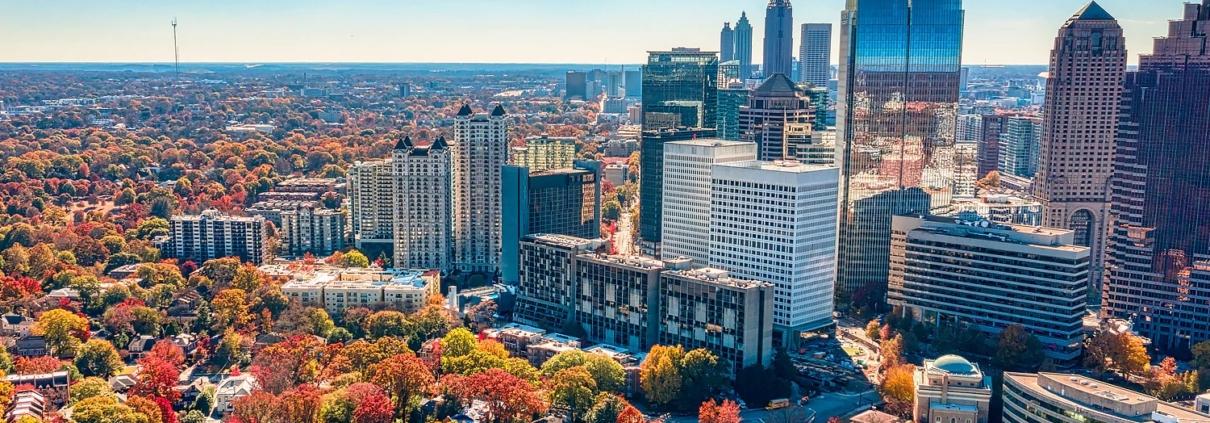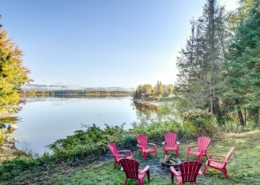Airbnb Regulations in Atlanta: What Hosts Need to Know
Step-by-step Guide on How to Start an Airbnb Business in Atlanta
With its vibrant culture, rich history, and diverse neighborhoods, Atlanta, Georgia has become a popular destination for tourists and travelers from around the world. Airbnb, a popular online marketplace for short-term rentals, has helped to fuel this growth, allowing property owners to rent out their homes or apartments to visitors looking for an alternative to traditional hotels.
However, with the rise of Airbnb and other short-term rental platforms has come increased scrutiny and regulation from local governments. In Atlanta, lawmakers have taken steps to regulate short-term rentals in an effort to balance the needs of property owners with the concerns of local residents.
In this article, we’ll take a closer look at the regulations governing Airbnb in Atlanta and what property owners need to know to stay compliant.
Read about The Best US Cities for Airbnb Business in 2023.
Background on Airbnb in Atlanta
Before we dive into the regulations themselves, it’s helpful to understand a bit about how Airbnb has evolved in Atlanta over the years. According to a report from the Atlanta Journal-Constitution, the number of Airbnb listings in the city grew from around 300 in 2012 to more than 5,000 in 2017.
As the popularity of short-term rentals grew, so did concerns from local residents about noise, safety, and other issues. In response, Atlanta lawmakers began to consider ways to regulate the industry, culminating in the passage of the Short-Term Rental Ordinance in 2017.
The Short-Term Rental Ordinance

The Short-Term Rental Ordinance, which went into effect on January 1, 2018, established a framework for regulating short-term rentals in Atlanta. Under the ordinance, property owners who wish to rent out their homes or apartments for less than 30 days must obtain a special permit from the city.
To obtain a permit, property owners must meet certain requirements, such as having liability insurance, ensuring their property is up to code, and paying a fee. Additionally, the ordinance places limits on the number of people who can stay in a short-term rental, as well as restrictions on parking, noise, and other factors.
Check out more here.
The Impact of the Short-Term Rental Ordinance
Since its passage, the Short-Term Rental Ordinance has had a significant impact on the short-term rental industry in Atlanta. According to a report from Curbed Atlanta, the number of Airbnb listings in the city dropped by more than 30% in the months following the ordinance’s implementation.
Some property owners have complained about the burdensome requirements of the permit process, while others have praised the ordinance for helping to address concerns about noise and other issues associated with short-term rentals.
How to Obtain a Short-Term Rental Permit
If you’re a property owner in Atlanta looking to rent out your home or apartment on Airbnb or another short-term rental platform, the first step is to obtain a special permit from the city.
To do so, you’ll need to submit an application and pay a fee. You’ll also need to provide proof of liability insurance and ensure that your property is up to code, including having functioning smoke detectors and carbon monoxide detectors.
Once you’ve obtained a permit, you’ll be subject to regular inspections to ensure that your property continues to meet city requirements. The permit must be renewed annually, and hosts must pay a fee for each permit application.
Penalties for Non-Compliance
Property owners who fail to obtain a permit or who violate other provisions of the Short-Term Rental Ordinance can face significant penalties. These can include fines of up to $1,000 per day, revocation of the short-term rental permit, and even criminal charges in some cases.
Travelers who stay in non-compliant short-term rentals can also face penalties, including being forced to vacate the property and losing their deposit.
Exceptions to the Short-Term Rental Ordinance
Not all properties are subject to the Short-Term Rental Ordinance in Atlanta. For example, properties that are rented for longer than 30 days at a time are not considered short-term rentals and do not require a permit.
Additionally, some types of properties are exempt from the permit requirement altogether. For example, bed and breakfasts, hotels, and motels are not subject to the ordinance, although they are subject to other regulations and licensing requirements.
Taxes and Fees

Another key requirement of the Short-Term Rental Ordinance is that hosts must pay hotel and sales taxes on any rental income they receive. Airbnb and other platforms typically collect these taxes on behalf of hosts, but it’s important to double-check that they’re being properly reported and paid. In addition, hosts may be required to pay other fees such as zoning fees or impact fees depending on their location and the specifics of their property.
Tax on Airbnb Income in Atlanta: The Definitive Guide
Best Practices for Airbnb Hosts in Atlanta
If you’re a property owner in Atlanta who wants to rent out your home or apartment on Airbnb, there are several best practices you should follow to stay compliant with local regulations and ensure a positive experience for your guests.
- First, be sure to obtain a short-term rental permit from the city and keep it up to date. This will help you avoid fines and other penalties.
- Second, communicate clearly with your guests about your expectations for their stay. This might include information about noise levels, parking, and other rules that are important for maintaining good relations with your neighbors.
- Finally, be sure to keep your property well-maintained and in compliance with city regulations. Regular inspections are conducted to ensure compliance, so it’s important to stay on top of any necessary repairs or upgrades.
Familiarize yourself with the Best Los Angeles Neighbourhoods for Airbnb
Conclusion
Airbnb has transformed the way we travel, giving travelers more options and flexibility when it comes to finding accommodations. However, as the popularity of short-term rentals has grown, so has the need for regulation.
In Atlanta, the Short-Term Rental Ordinance provides a framework for regulating the industry and ensuring that property owners and travelers alike can enjoy a safe and positive experience. By following the rules and best practices outlined in this article, property owners can stay compliant with local regulations and maintain good relationships with their neighbors, while travelers can enjoy all that Atlanta has to offer without running afoul of the law.
Check out Airbnb Regulations in New York and Miami


















